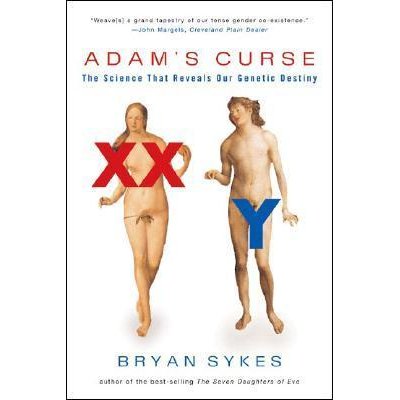PLAN TO SUCCEED!!
HAVE A PLAN OF ATTACK
Success at IB relies on the ability to do a few things well, and that means practice
Hone your exam technique
Structure your revision
Practice regularly
THE FOUR KINDS OF IB QUESTIONS
DBQ Data-based questions:
Spend time reading the introduction. UNDERLINE key words.
If there are graphs, draw on them to get accurate answers, using a ruler. Yes, accuracy matters.
Don’t ever quote data points if asked to analyze a graph, that won’t get you points. Instead talk about trends in the data, eg. There is a positive correlation between the variables between pH 1 and 5.
Draw on graphs. If the trend is complex, divide the graph up into sections and talk about them differently (eg. From 0-5minutes, the mass increases at a constant rate, from 5-8 it decreases exponentially).
FR Factual recall:
Be really, really specific. Don’t write ambiguous answers. If you don’t remember it, guess.
Tailor your answer to the number of allocated marks ex. for two marks say two things
Tip: Stuck for extra things to say? Add an example. Define terms.
Use command terms ex. if it says evaluate give both sides of the argument (first say yes, and then say no)
MC Multiple choice questions:
Don’t look for the right answer. More than one answer may be technically correct. But one answer will be better. So work by process of elimination from the worst answer back to the best.
Identify:
- Worst answer
- Poor Answer
- Good Answer
- Better Answer
There may be two good answers. If there is, go for the one that is either: more specific, or can be applied in a wider variety of situations. Don’t know the word? It’s probably not the answer, unless we learned it and you have simply forgotten 😉
ER Extended response:
Underline key words of question
Take your time to thoroughly deliver your argument.
Start of by defining and introducing the terms eg. What is evolution?
Then go step by step through the stages of a logical argument.
Pay attention to the command terms eg. Evaluate means give both sides of the argument.
Drawings get you marks in essay questions, but use a pencil. Yes you can use bullet points to save on time.
The extra mark for writing style can be achieved by using good paragraphing, clear writing and good writing style (if it does not need to be re-read, in the words of the IB)
The Three Kinds of Papers
Paper 1 DETAILS
- 45 min (SL)
- 60 min (HL)
Types of Questions
- Multiple choice
Common student errors:
- Missing out questions
- Not using answer sheet
- Not second guessing answers
- Confusing good and best answer
How to master it:
- Work fast and finish early
- Apply correct technique (see above)
- Double check all answers (second guess)
Paper 2 DETAILS
- 75 min (SL)
- 135 min (HL)
Types of Questions
- Data-based questions
- Factual Recall (short answer)
- Extended response
Common student errors:
- Missing out questions
- Not using a ruler on the data-based questions
- Not showing calculations when required
- Not following command terms
- Rushing the extended response
How to master it:
- Select your extended response questions and underline key words
- Make an essay plan
- Be strict with time 1.5 marks per minute
- Add an extra bullet point to each question worth more than two marks
Paper 3 DETAILS
- 35 min (SL)
- 45 min (HL)
This paper has two sections:
- Section A (Data based questions on common labs)
- Section B (Factual recall and one extended answer on the Options)
YOU SHOULD ONLY ANSWER THE QUESTIONS ON ONE OPTION
Common student errors:
- Missing out section A
- Answering the questions on more than one option
How to master it:
- Make a revision summary for your option and memorise it
- Make a lab book or revision summary of common labs
- Mark the paper for yourself crossing out the options you won´t answer
.






Nice post. I learn something totally new and challenging on blogs I stumbleupon everyday.
It will always be helpful to read through content from other authors and use a little something from their web sites.